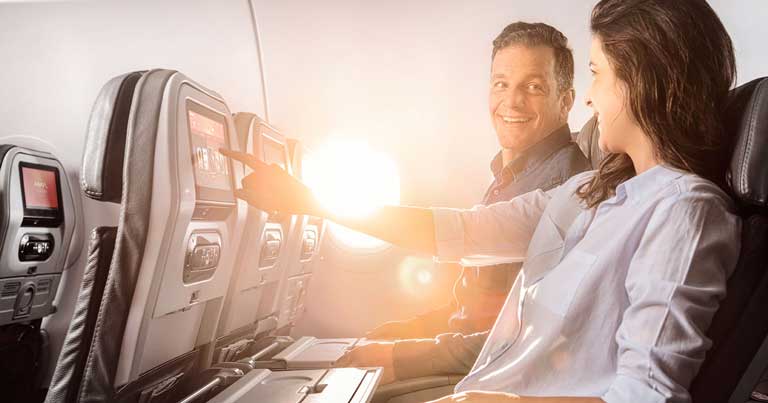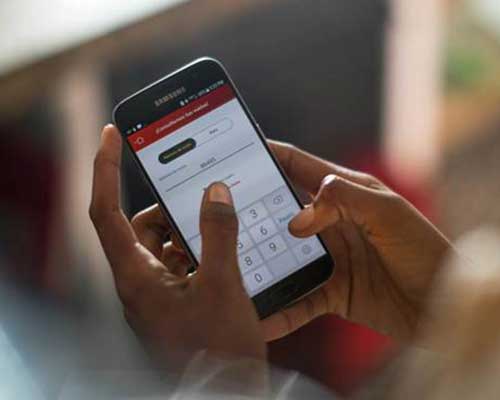Avianca, the second-oldest airline in the world and national carrier of Colombia since 1919, has experienced exponential growth in the past 10 years, having expanded its fleet from just 30 aircraft to 181 today. More recently, the company embarked on what Santiago Aldana, CDO & CTO at Avianca, defines as a “profound transformation”, aiming to digitally transform the company from the inside and out. Now, the airline’s primary focus is not so much on growth, but on creating and maintaining a profitable model. “We realised that to achieve profitability we had to do a lot of things regarding our internal transformation, but also at the end of the day what we want to achieve is to make it easier for our customers,” shared Aldana in a conversation with FTE.
Understanding the customer

As Chief Digital and Chief Technology Officer, Aldana, who will speak at the upcoming FTE EMEA show in Istanbul, 19-20 June, stresses that this transformation is not only about implementing technology, but also transforming the customer experience through digital channels. The main purpose of Avianca’s digital transformation is to improve the customer experience. “When we look at an airline, the airline is just in the middle of the passenger’s dreams and himself,” Aldana explains. “We are the gap between the passenger and the fulfilment of his dreams. As an airline, we can make this process easier and more effortless for the customer. So firstly, we put the customer at the centre of all of our strategy and to do that we also have to learn more about our customers and understand what they want. And the first thing we had to do was to have more data about our customers. In that sense, we had to restructure all of our systems and applications to understand this more.”

To achieve this, Avianca has made a number of changes to its app and website to take a more conversational-style approach to its customers, as well as implementing analytics to better understand passenger needs. Aldana explains: “We now have tools which allow us to give the best value to the customer, not randomly but by knowing more about our customers. For example, through a new marketing-automation tool we can provide personalised offers. We are also able to understand better how to improve the conversion and reduce the amount of effort that is involved in the booking process.”
True transformation starts from within
Parallel to enhancing the passenger experience, Aldana stresses the importance of undergoing an internal transformation. In that sense, the airline has also been working on revolutionising its processes and bringing more data to its operations. “Our second focus is to connect our operations to be able to provide the best operational value proposition to make sure that we comply with our promise not only during the trip but before and after. And that’s part of what we have been working on, for example giving more information to our crew, ground operations, flight operations and making them work together to comply with this promise.”
He continues: “Our third focus is on the whole cooperation, the whole enterprise. How do we provide our employees with better tools and more data to be able to transform the whole end-to-end process and ensuring that those three main areas – customer focus, operations and enterprise – work together with more data to transform the business.”
Adopting the “lean startup way”

In order to achieve this internal transformation, Aldana has been tasked with the challenge of completely transforming the airline’s model. “In this cultural change that we have been doing we had to reduce the hierarchies and make the way we work different to have more experimentation and a learning process to find a way in which we are more agile and more value-oriented towards our customers. Honestly, technology is not the challenge. Technology moves much faster than we do. So, the main challenge is having an insight of what’s going on in the technology world and having small tests, while making sure that the culture moves forward.”
He continues: “Now we have data-oriented decision making. We have more empowerment and end-to-end processes. We have an innovation and agility mindset in which we test and we experiment and we learn from these processes. We even allow failure in order to learn from it. We experiment and move about in a more agile way. It’s not a huge laboratory research area that we want to build; we want to do it the lean startup way, in which we just set forward some hypotheses, we explore these, and we test them and grow them when we prove value for our customers and operations.”
This is just the beginning of Avianca’s digital transformation, which started as a three-year vision. “This isn’t the end,” states Aldana. “We have already implemented a lot of tools, a lot of technology to be able to integrate more data to transform the customer interaction, our operations and enterprise. And we’re in the process of bringing value out of it and making everything work differently.”
Hear more from Avianca’s Santiago Aldana, who will discuss how he has helped to turn a 100-year-old airline into a digital-first company at Future Travel Experience EMEA, which will be co-located with FTE Ancillary in Istanbul, 19-20 June. You can also hear from the likes of Turkish Airlines, Schiphol Group, Viva Air Labs, Vueling, Lufthansa Group, Pegasus Airlines, and more. View the conference agenda here >>






